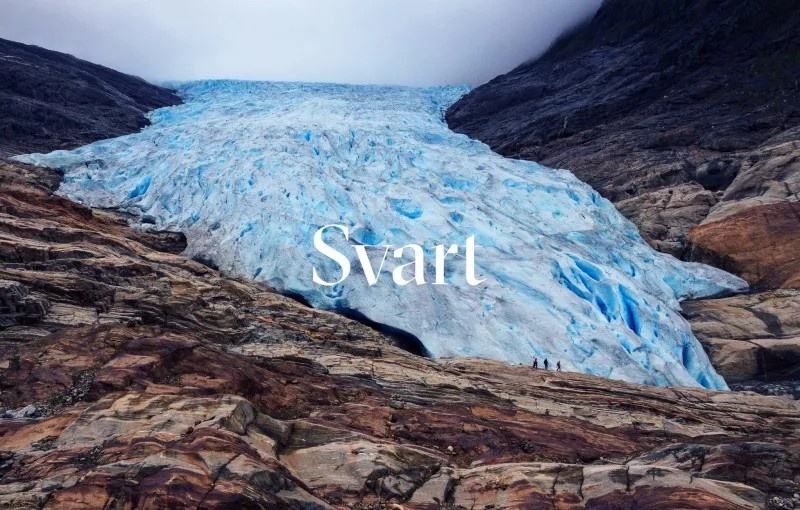Aavik’s efforts mostly predated independence. Other language reformers have begun their work only after they had a state at their disposal. The new republic of Turkey, under Kemal Ataturk, had lost many of the Ottoman empire’s provinces; its pride was wounded and its population now far more Turkish. Ataturk decreed a switch from the Arabic to the Latin alphabet and, in an extraordinary purge, sought to get rid of Arabic and Persian borrowings, replacing them with new coinages. One scholar calls this a “catastrophic success”: modern Turks need special training to read the Turkish of a hundred years ago.
阿維克的努力大多早于獨立之前。其他語言改革家只有在有了自己的國家后才開始工作。凱末爾·阿塔圖爾克領(lǐng)導(dǎo)下的新土耳其共和國失去了奧斯曼帝國的許多省份;新土耳其的自尊心受到了傷害,現(xiàn)在新土耳其的人口更多是土耳其人。阿塔圖爾克下令將阿拉伯語改為拉丁字母,并進行了一次非同尋常的清洗,試圖擺脫阿拉伯語和波斯語的借用,以新詞代之。一位學(xué)者稱這是一個“災(zāi)難性的成功”:現(xiàn)代土耳其人需要特殊的訓(xùn)練來閱讀一百年前的土耳其語。
Purist engineering has also been used to distance a language from an overly close relative. Standard Norwegian was once too similar to Danish for some Norwegians; hence the creation of “new Norwegian” (nynorsk), cobbled together from dialects and avoiding Danish echoes, which today is co-official alongside the older Dano-Norwegian (bokmal). Hindi and Urdu are close enough that some consider them a single language, but since Indian and Pakistani independence, new Hindi coinages and borrowings have tended to come from Sanskrit, Urdu ones from Arabic and Persian. The languages are growing apart.
純粹主義工程學(xué)也被用來將一種語言與過于近親語言隔離開。對一些挪威人來說,標(biāo)準(zhǔn)挪威語曾與丹麥語過于相似;因此創(chuàng)造了新的挪威語(nynorsk),從方言中拼湊而成,避免了與丹麥語過于相似,如今,它與較老的挪威達諾語(bokmal)共同成為官方語言。印地語和烏爾都語非常接近,有些人認(rèn)為它們是同一種語言,但自從印度和巴基斯坦獨立以來,新的印地語新詞和借用詞往往來自梵語,烏爾都語來自阿拉伯語和波斯語。兩種語言的距離越來越遠。

In fact, places that accept foreign words with a live-and-let-live attitude are the exceptions. Centuries ago, English, which seems undogmatic, itself experienced the “inkhorn controversy”, in which some intellectuals freely coined words from Greek and Latin, such as “educate” and “ostracise”. (Some, such as “suppediate”, meaning “to supply”, never made it.) Aavik-like, purists fought back, coining terms like “witcraft” to replace borrowings like “reason”. Their attitude was exemplified by Sir John Cheke, who in 1557 wrote: “I am of the opinion that our tung should be written cleane and pure, vnmixt and vnmangled with borowing of other tunges.”
事實上,那些對外來詞抱著和平共存態(tài)度的地方是例外。幾個世紀(jì)以前,英語本身就經(jīng)歷了“墨水瓶之爭”,一些知識分子自由地從希臘語和拉丁語中創(chuàng)造了“educate教育”和“ostracise排斥”等詞匯。(有些詞,如“suppediate”,意為“供應(yīng)”,從未成功。) 與阿維克類似,純粹主義者進行了反擊,創(chuàng)造了“witcraft”這樣的詞匯來取代“reason理由”這樣的借詞。他們的態(tài)度在約翰·契克爵士身上得到了體現(xiàn),他在1557年寫道:“我認(rèn)為我們的語言應(yīng)該寫得干凈純粹,不混雜其它外來語。”
Most of the inkhornisms survived. These days, English has become so robust that it is no longer the polluted but the polluter. That it now lacks a purist tendency of its own may be less because the British are naturally laissez-faire liberals than because English is the world’s top linguistic dog. It exports words around the globe, often to the alarm of nationalists overseas. They might take some comfort from the fact that English thrived after its controversial mangling. Objectively, borrowing does no harm. But then, such worries are rarely objective to begin with.
大多水墨水主義幸存了下來。如今,英語變得如此強大,以至于它不再是受污染的國家,而是污染者。它現(xiàn)在缺乏自己的純粹主義傾向,與其說是因為英國人天生就是自由放任的自由主義者,不如說是因為英語是世界上最好的語言寵兒。它向全球輸出詞匯,常常引起海外民族主義者的警惕。客觀地說,外來詞沒有害處。但是,這樣的擔(dān)憂很少是客觀的。
譯文由可可原創(chuàng),僅供學(xué)習(xí)交流使用,未經(jīng)許可請勿轉(zhuǎn)載。












